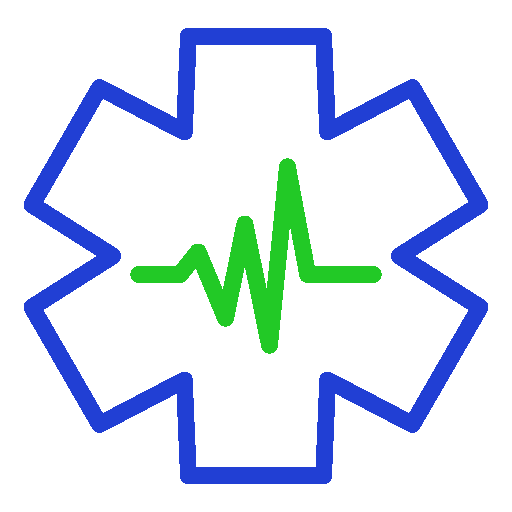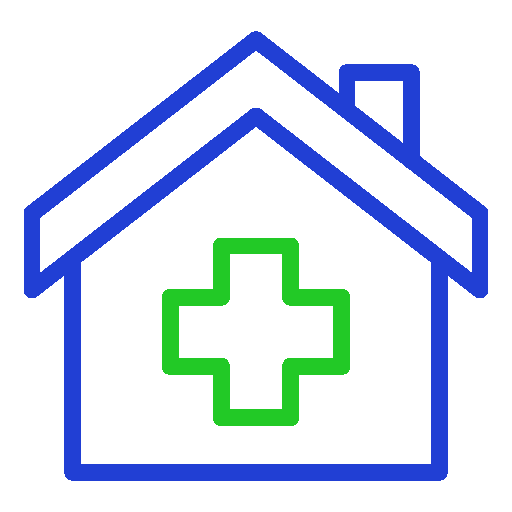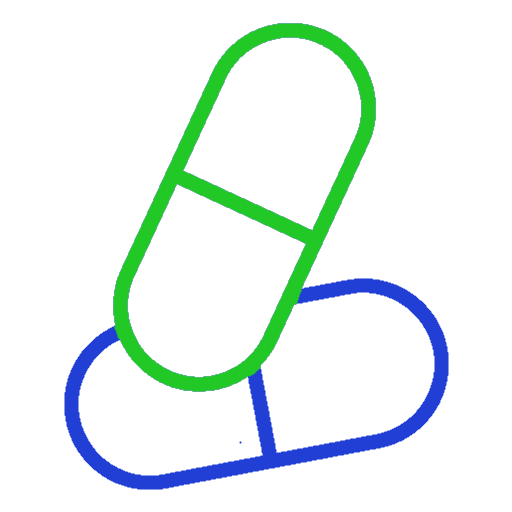It’s no secret that mental health and substance use are often linked. In fact, according to the National Institute on Drug Abuse, about half of all people with a substance use disorder also have a mental illness, as highlighted by behavioral health statistics from organizations like the CDC and the Center for Behavioral Health Statistics and Quality.
Many different factors can contribute to someone developing a substance use disorder, but research has shown that people with a mental illness are more likely to turn to drugs or alcohol to self-medicate.
What role does substance use play in suicide?
Here’s what you need to know.
Suicide Risk is a Serious Concern for Those Who Struggle with Addiction
While suicide is a serious concern for anyone struggling with a mental illness, it’s an especially pressing issue for those battling addiction. Completed suicide is significantly correlated with substance use disorders, highlighting the severe consequences of substance-related issues on mental health and suicide mortality.
Here are some fast facts from the Centers for Disease Control (CDC) about the link between suicide and substance use to consider:
- Suicide is the 9th leading cause of death in the United States for those ages 10 to 64.
- It is the second leading cause of death for those between the ages of 10 to 14 and 25 to 34.
- Every 11 minutes, an American dies by suicide.
- Drug and alcohol use play a role in about 1-in-4 suicides.
- People with a substance use disorder are six times more likely to attempt suicide than the general population.
- Alcohol dependence has a significant relationship with suicidal behavior, with individuals suffering from alcohol dependence being at a much higher risk for committing suicide compared to the general population.
- Mental illness is a major risk factor for suicide, with about 90% of people who die by suicide having a diagnosable mental disorder.
Understanding the Link Between Suicide and Substance Use Disorders
Substance use disorders (SUDs) significantly elevate the risk of suicidal behavior. For example, substance use can worsen underlying mental health conditions like depression or anxiety, heightening the risk of suicidal behavior.
Additionally:
- Substance use can lead to or worsen existing mental health conditions.
- People who use drugs or alcohol are more likely to experience problems in their personal relationships, which can lead to feelings of isolation and desperation.
- Substance use can lead to financial problems, which can add to the stress and hopelessness that someone is feeling.
- People who struggle with addiction are more likely to engage in risky behaviors, increasing their chance of suicide attempts.
Other risk factors such as depression, anxiety disorders, chronic illness, and stressful life events can also contribute to the complexity of the relationship between addiction and suicide.
Effective treatment interventions are essential to prevent future attempts, highlighting the need for dual-diagnosis facilities that address both substance use and suicidal behavior.
Risk Factors and Warning Signs of Suicide and Substance Abuse
Substance use disorders (SUDs) are closely linked to an increased risk of suicide, making it essential to recognize the risk factors and warning signs. Understanding these can help in providing timely interventions and potentially saving lives.
Here are the risk factors you need to know:
Individual Risk Factors
- Mental health conditions such as depression, anxiety, and post-traumatic stress disorder (PTSD) are significant risk factors.
- A history of trauma or abuse can increase vulnerability.
- Family history of SUDs or suicide can predispose individuals to similar struggles.
- Previous suicidal behavior or attempts are strong indicators of future risk.
- Co-occurring medical conditions, such as chronic pain or terminal illness, can exacerbate feelings of hopelessness.
Social Risk Factors
- Social isolation or a lack of social support can lead to feelings of loneliness and despair.
- Unemployment or financial instability can add significant stress and hopelessness.
- Relationship problems or divorce can trigger emotional crises.
- Experiences of bullying or harassment can severely impact mental health.
Environmental Risk Factors
- Easy access to means of suicide, such as firearms or lethal medications, increases the risk.
- Exposure to suicidal behavior or media reports of suicide can influence vulnerable individuals.
- Lack of access to mental health services or substance abuse treatment can leave individuals without the necessary support.
Warning Signs of Suicidal Behavior
- Talking about suicidal thoughts or feelings is a clear warning sign.
- Noticeable changes in mood or behavior, such as increased irritability or withdrawal, should be taken seriously.
- Increased use of substances or a relapse after a period of sobriety can indicate escalating distress.
- Giving away possessions or making arrangements for dependents can be a sign of planning for suicide.
- Expressing feelings of hopelessness or despair is a critical indicator of risk.
Recognizing these risk factors and warning signs is crucial for timely intervention and preventing suicidal behavior in individuals with SUDs.
What You Can Do to Help: Contact The Lakes Treatment Center
Suicide remains a major public health concern, particularly among individuals with substance use disorders (SUDs). If you or someone you know is struggling with suicidal thoughts, getting help as soon as possible is important.
The Lakes Treatment Center wants to help you or your loved one get the treatment and care you need to recover from addiction and mental illness. We offer a variety of programs and services customized to meet your unique needs. Contact us today to learn more.










